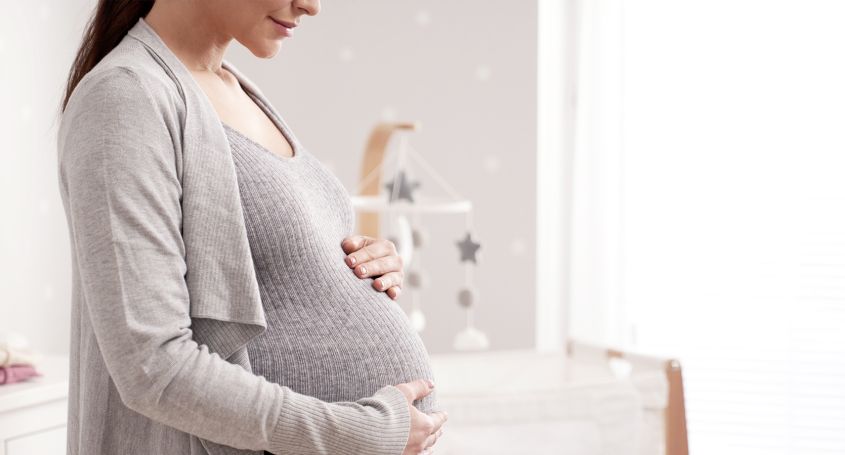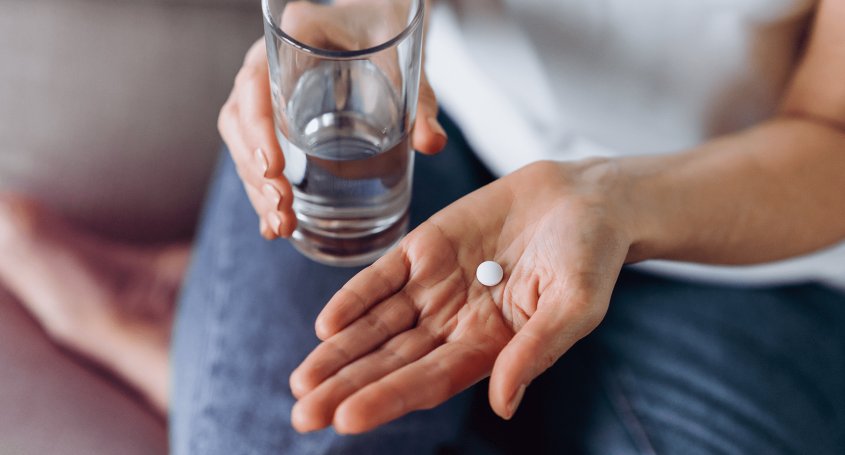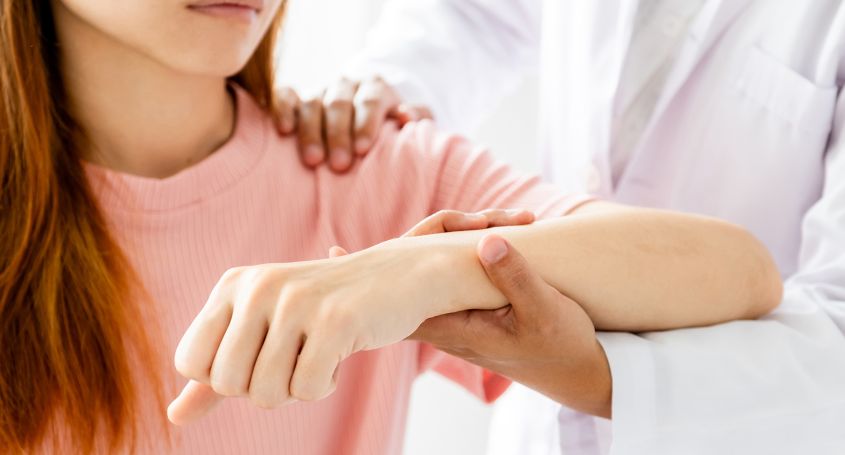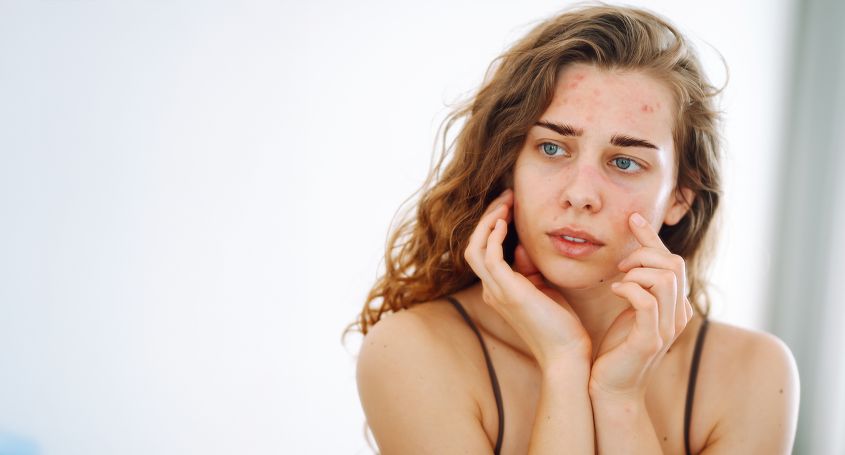Most women have had doubts about delaying childbearing at some time or another. But do you know what is the best age to become a mother? Is it possible to get pregnant at 40? Does the success rate of IVF depend on age? Here we answer the most frequently asked questions about age and fertility.
Why does a woman's fertility decrease over time?
The ovarian reserve , i.e. the number of eggs a woman has, is limited from birth. In adolescence it begins to decrease with each menstrual cycle until the menopause. In addition, the quality of the eggs also declines with the passage of time.
What is the ideal age for a woman to become pregnant?
Biologically, all research suggests that the best age for the lowest risk of pregnancy and postpartum is between 25 and 29.
Is it possible to become a mother at 40?
Yes, although fertility declines dramatically, it is possible to become a mother naturally at 40. However, if you cannot achieve pregnancy naturally, assisted reproduction offers fertility treatments such as artificial insemination or in vitro fertilisation with or without egg donation .
Is there a difference between getting pregnant in your 20s and in your 40s?
Yes, some important biological differences are the increased risk of miscarriage and complications during childbirth and pregnancy.
Chances of pregnancy with IVF
The chances of pregnancy with IVF depend mainly on the fertile age of the woman, although the age of the man also plays a role. It is estimated that in women under 35 the success rate is 79%, 77% between 35 and 38, 59% between 39 and 42 and from 42 the rate drops to 17%.
In short, from the age of 30 onwards, the success rate decreases in the same way as fertility.
Do you want to postpone motherhood while preserving your fertility? Then egg vitrification is for you. At Barcelona IVF we will answer all your questions. Contact us!















